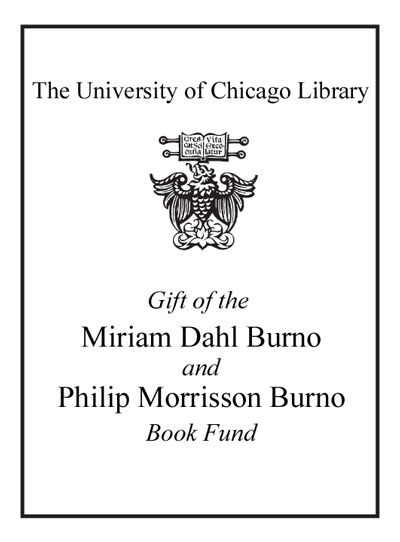Review by Library Journal Review
This study explores the use of performance in festivals and cultural shows to represent the Portuguese heritage of the Eurasian minority in Malaysia. Sarkissian (music, Smith Coll.) argues that Malaysia's heterogeneous Eurasian population latched onto its Portuguese identity when the expression of British identity, previously seen as a sign of elite status, became a sensitive issue at the end of the colonial age. Repertoires of Portuguese-style music and dance, now presented to outsiders as though they have been handed down over the generations since perhaps 1511, have, in reality, only been cobbled together since 1952. Moreover, they reflect intentional strategies on the part of Eurasians to create an acceptable image for their community in modern Malaysia. This book is informative, interestingly written, and up-to-date in its theoretical outlook. A solid contribution to ongoing debates in anthropology about identity and representation in the postcolonial world; recommended for academic libraries and collections in the performing arts, cultural studies, tourism, and Southeast Asian studies.DJay H. Bernstein, Fordham Univ. Lib., Bronx, NY (c) Copyright 2010. Library Journals LLC, a wholly owned subsidiary of Media Source, Inc. No redistribution permitted.
(c) Copyright Library Journals LLC, a wholly owned subsidiary of Media Source, Inc. No redistribution permitted.
Review by Library Journal Review

